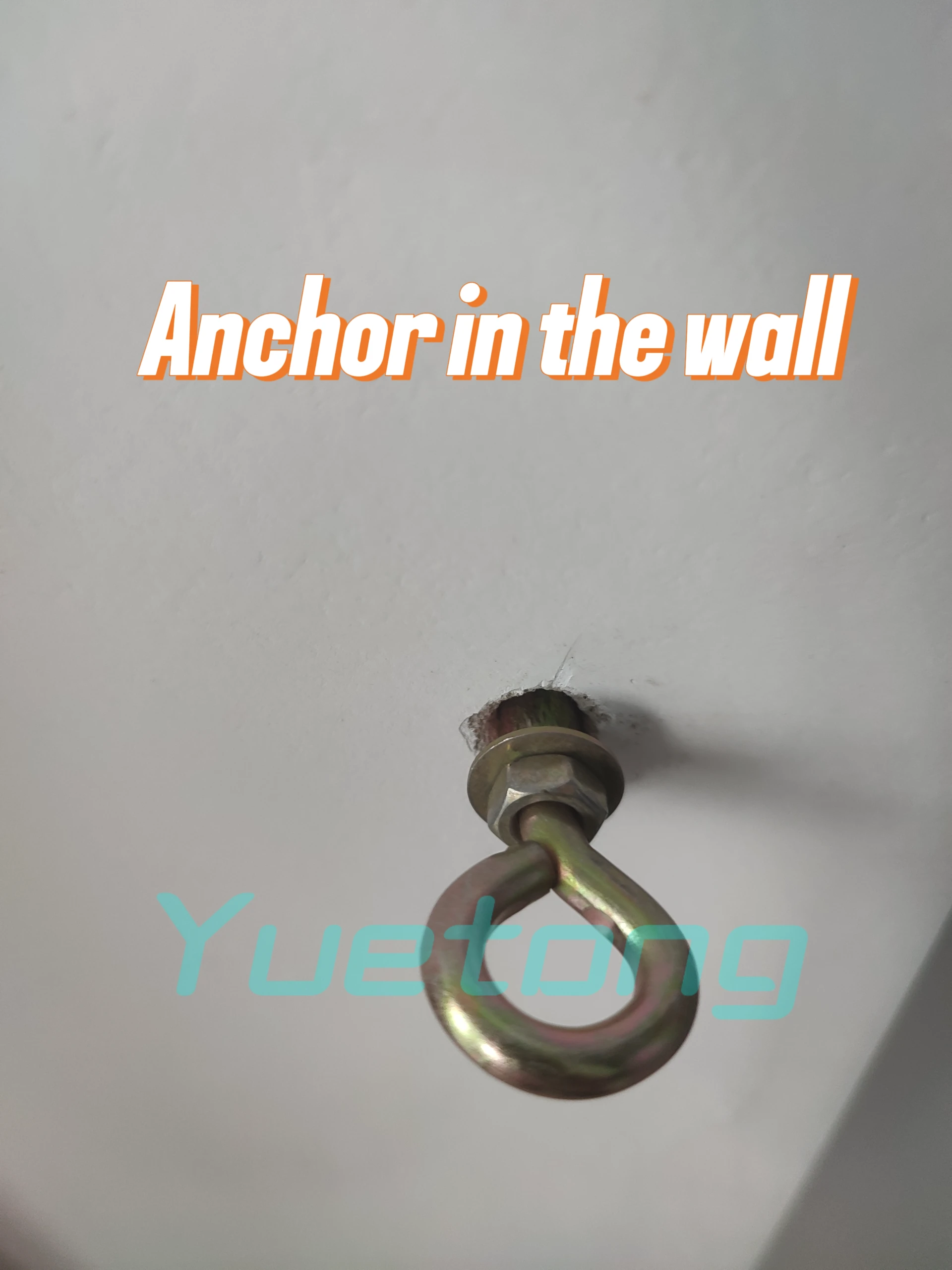Dec . 15, 2024 13:39 Back to list
Understanding the Importance of Cladding Screws for Building Exterior Durability and Aesthetics
Understanding Cladding Screws A Comprehensive Guide
Cladding screws are specialized fasteners designed specifically for attaching cladding materials—such as wood, metal, vinyl, or fiber cement panels—to a structure. These screws are essential in both residential and commercial building projects as they ensure a secure and durable installation, which is crucial for the longevity and performance of the cladding system.
What Are Cladding Screws?
Cladding screws differ from standard screws in their design and functionality. They typically feature a unique thread pattern, a stronger build, and are often coated with protective layers to resist corrosion and weather damage. Depending on the material being fastened, cladding screws may also come with specific head types, such as bugle heads or flat heads, which help in distributing the load and preventing damage to the cladding surface.
Types of Cladding Screws
There are several types of cladding screws available on the market, each suited for different applications
1. Wood Cladding Screws Designed specifically for wooden cladding materials, these screws often have a coarse thread to provide a stronger grip in wood fibers.
2. Metal Cladding Screws Made for metal panels, these screws usually feature finer threads and may be self-drilling, eliminating the need for pre-drilling holes.
3. Fiber Cement Screws These screws are optimized for fiber cement boards and typically have a unique coating to prevent rust while providing excellent holding power.
4. Vinyl Cladding Screws Light and flexible, screws for vinyl are often designed to allow for thermal expansion, ensuring that the cladding can move without compromising the integrity of the installation.
Benefits of Using Cladding Screws
Using cladding screws has numerous advantages over other fastening methods
- Strength and Durability Specifically engineered to withstand harsh weather conditions, cladding screws provide a robust connection that minimizes the risk of cladding detachment over time.
- Corrosion Resistance Most cladding screws are coated with protective finishes, such as zinc or polymer coatings, which enhance their longevity by preventing rust and degradation
.- Ease of Installation Many cladding screws are designed for quick and easy installation, with features such as self-drilling points or specialized screw heads that facilitate efficient fastening.
cladding screws

- Versatility Cladding screws can be used with various cladding materials, making them a versatile choice for builders and contractors.
Considerations When Choosing Cladding Screws
When selecting cladding screws for your project, consider the following factors
1. Material Compatibility Ensure that the screws are compatible with the type of cladding material being used. Different materials require different types of screws for optimal performance.
2. Length and Diameter The length and diameter of the screws must be appropriate for the thickness of the cladding and the underlying structure. Choosing the wrong size can lead to inadequate fastening or damage to the materials.
3. Coating and Finish Choose screws with appropriate corrosion-resistant coatings, especially if the installation will be exposed to moisture or harsh weather conditions.
4. Load-Bearing Requirements If your cladding must support significant weight or withstand high winds, select screws that can handle the increased load.
Installation Tips
When installing cladding screws, follow these best practices
- Pre-drill Larger Holes For certain materials like fiber cement, pre-drilling can prevent cracking and ensure a proper fit.
- Use the Right Tool A drill with adjustable torque settings can help prevent over-torquing, reducing the risk of damaging the cladding.
- Follow Manufacturer Guidelines Always adhere to the manufacturer’s instructions when installing cladding systems to ensure compliance with warranties and best practices.
Conclusion
Cladding screws are an indispensable component of modern building practices, offering strength, durability, and versatility for a wide range of cladding materials. Understanding the types of screws available, their applications, and installation techniques can significantly enhance the quality of your building projects. By choosing the right cladding screws, you can help ensure that your cladding remains secure and intact for many years to come.


